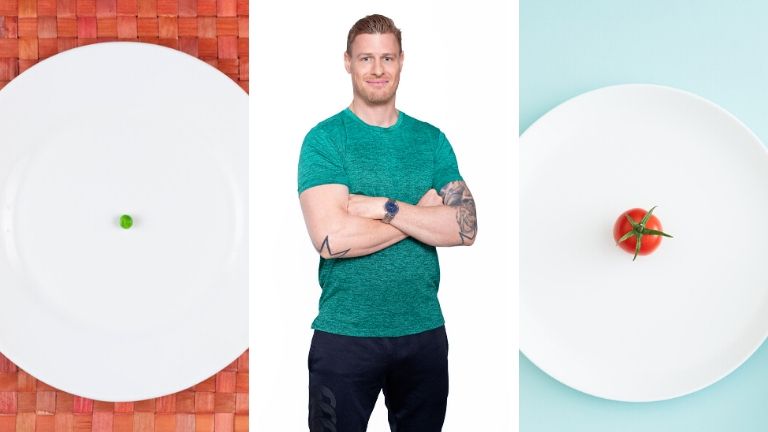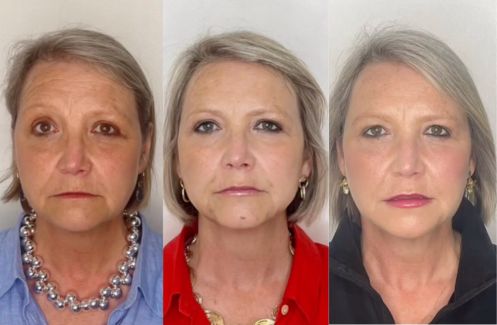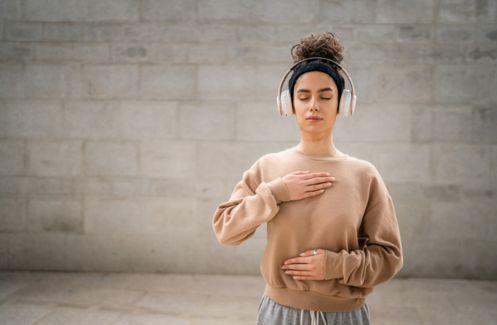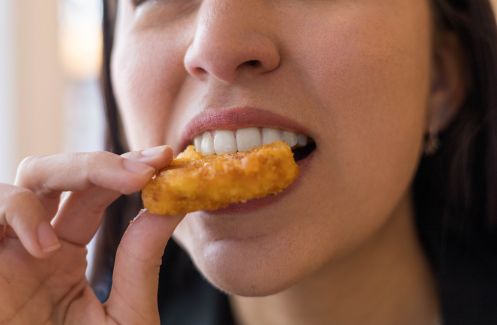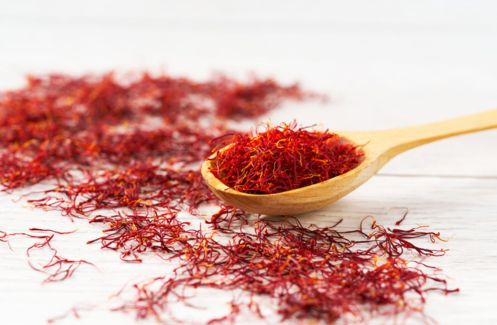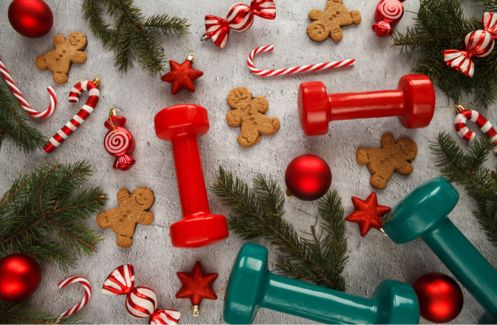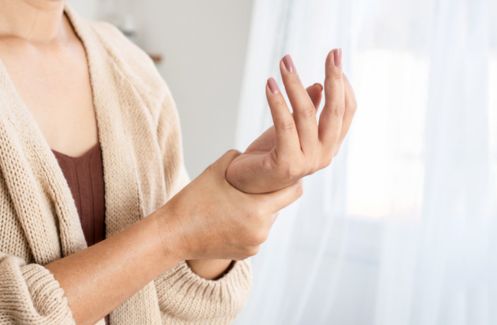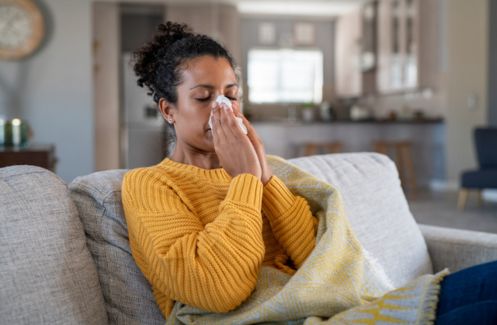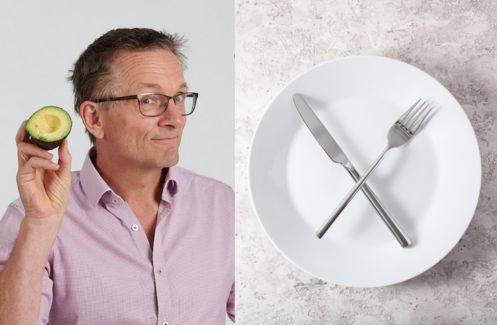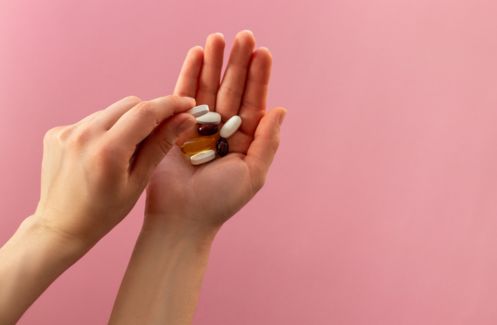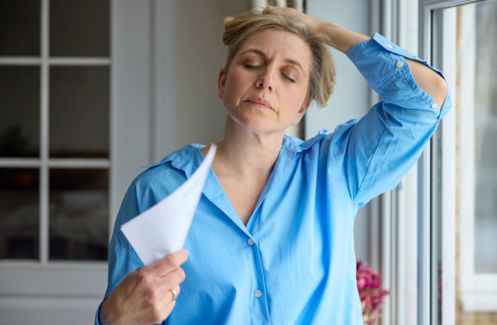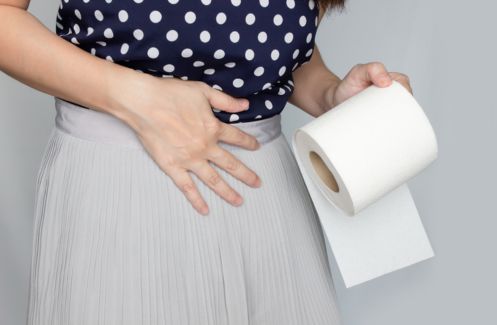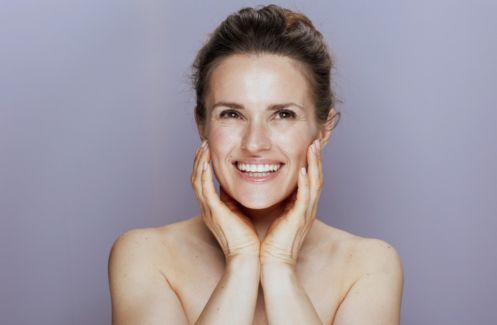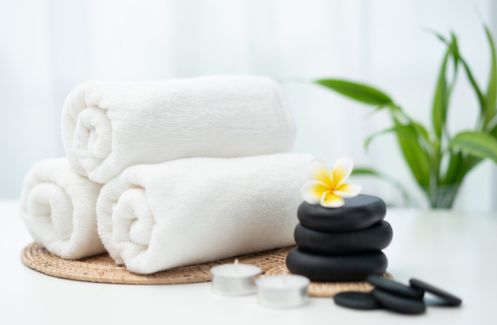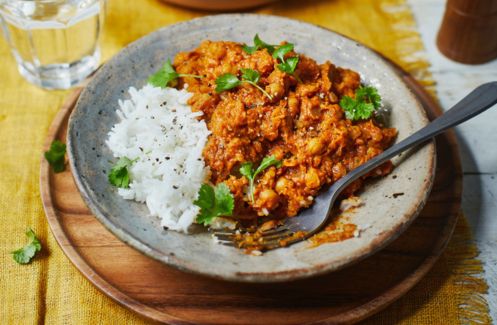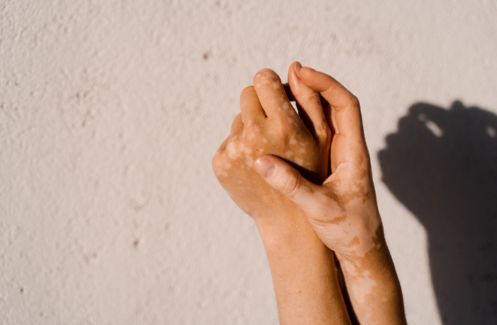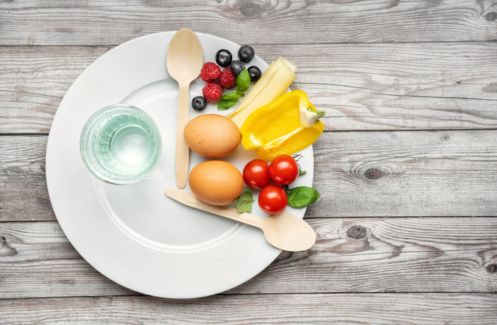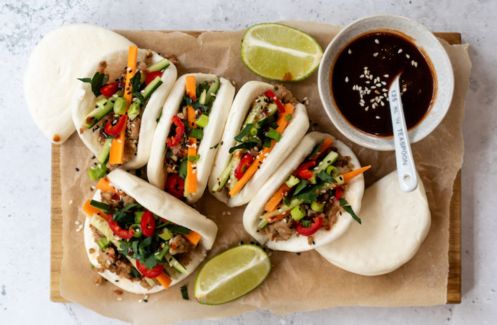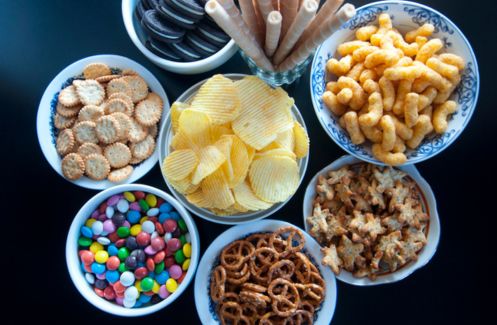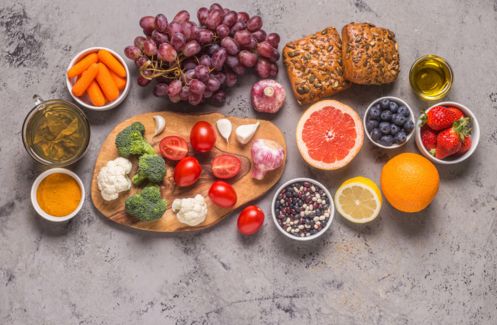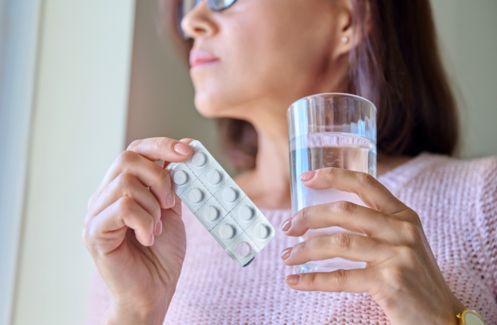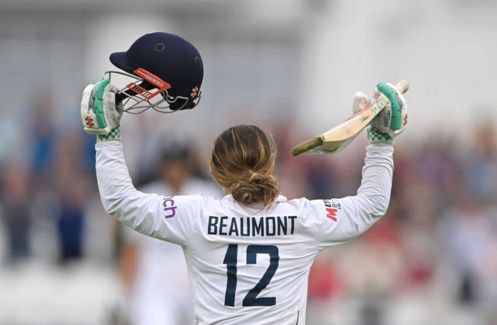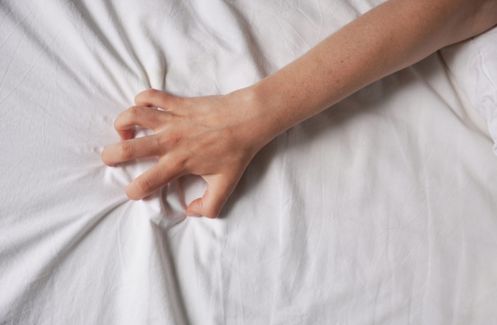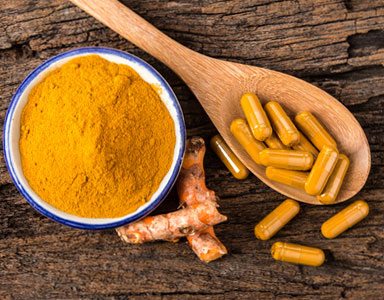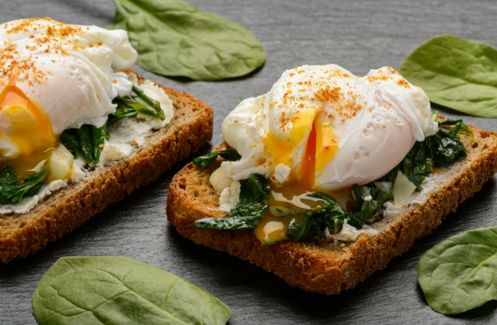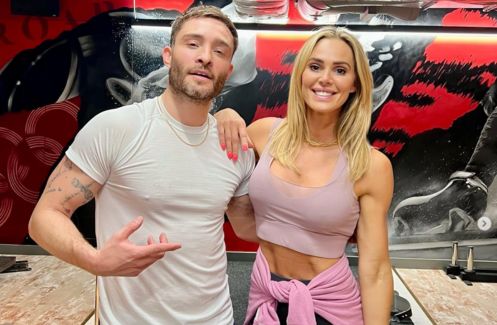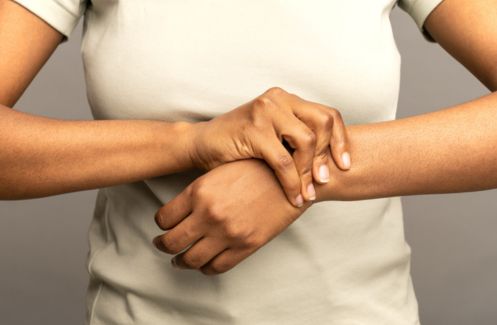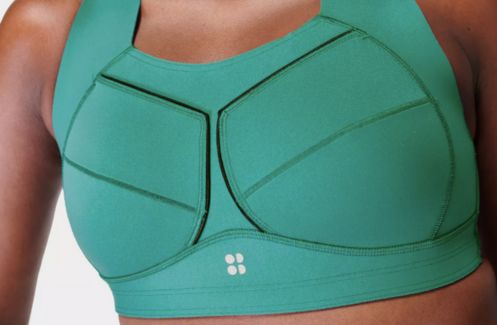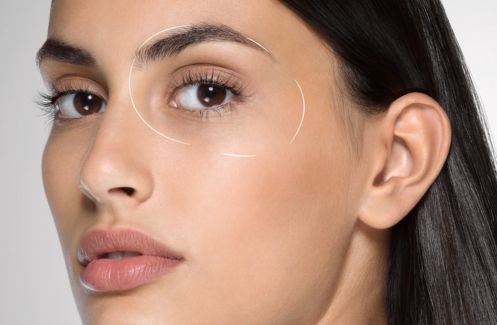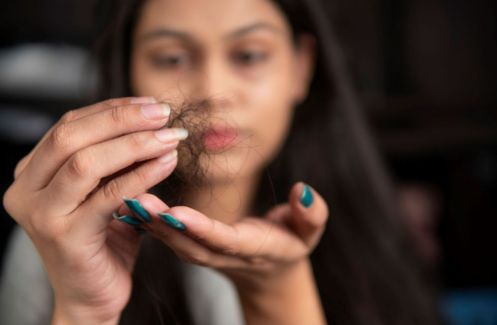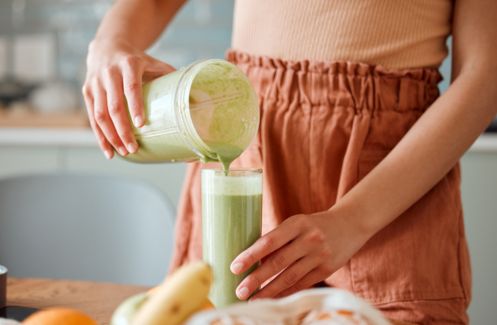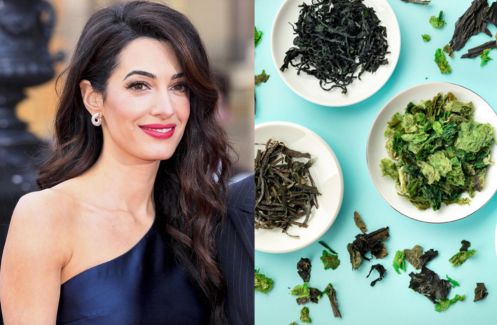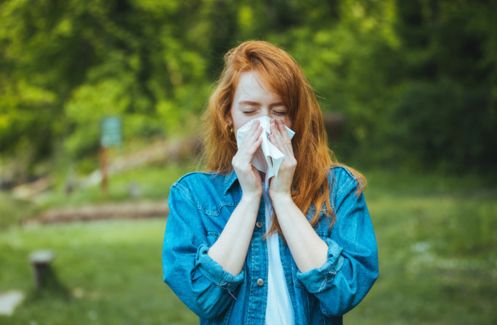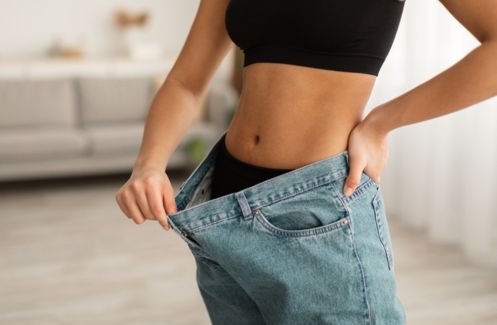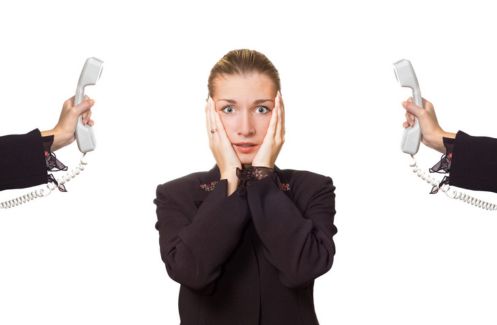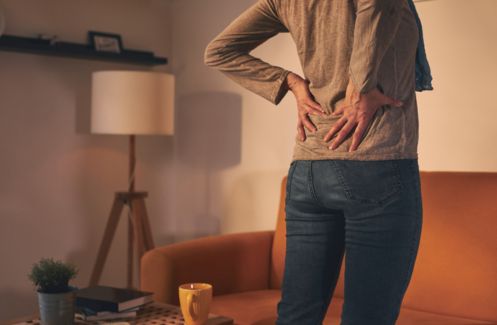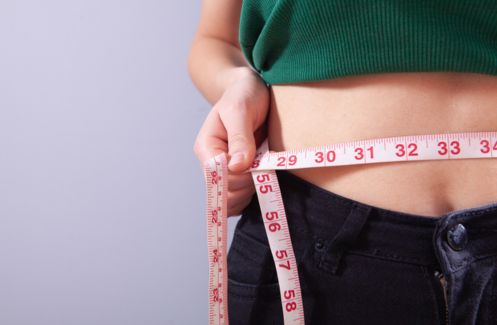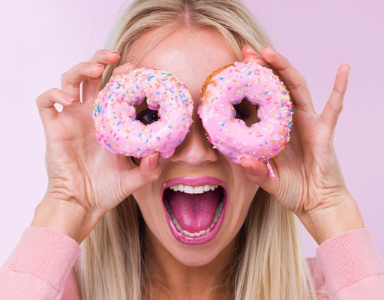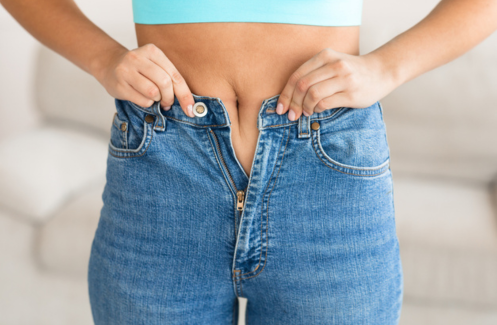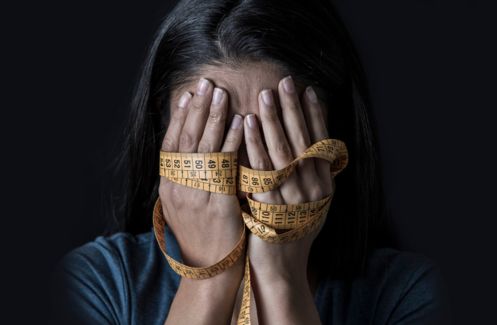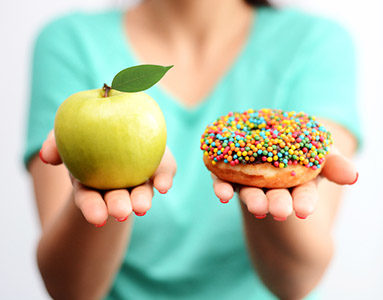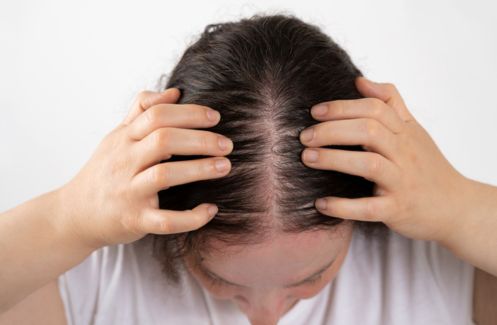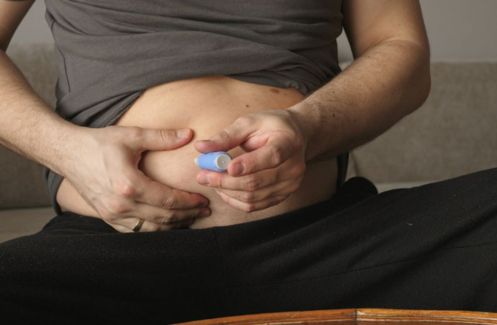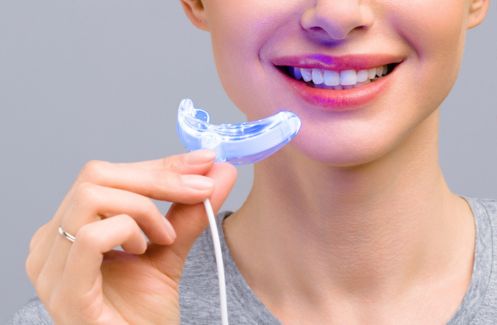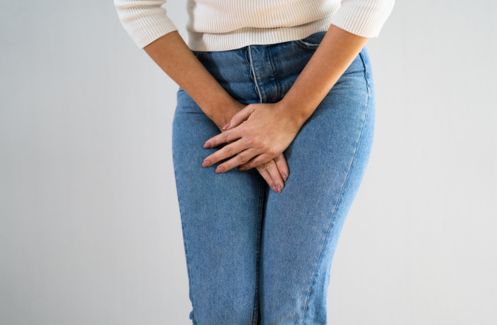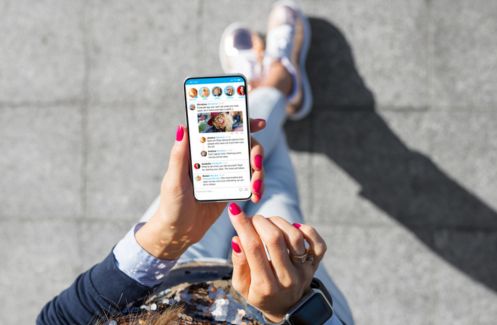If you want to lose weight you count calories and eat less, right? Not necessarily, says Terry Fairclough, a leading personal trainer and co-founder of Your Body Programme
As a PT, I’ve heard an array of differing opinions and questions on what is considered to be the best diet out there for weight loss.
Should we be counting calories? How many calories should we be eating? Should we all be on a low fat, low carb or high protein diet? Should we be fasting? Are we meant to be eating small, regular meals three times a day?
a massive calorie deficit diet will lead to weight loss but not fat loss
While all of the above may have their place when considering body types, goals and activity levels, one thing nobody should be doing is under eating.
We all know that person who decides to start calorie counting and seriously restricting their calories in order to get beach body ready – the weight will just drop off, right? Well kind of, but that might not be the best outcome.
While a calorie deficit may lead to weight loss, it won’t necessarily lead to fat loss, which is what most people want to achieve.
These days the Western diet is far larger than it needs to be. Many people do need to have a slight deficit in calories but that’s only because they were probably overeating in the first place.
However, in my experience when it comes to people trying to lose weight, they think under eating is the only way to do that, and this simply isn’t the case.
Not eating enough
When we eat, the body breaks down carbohydrates and converts them to a type of sugar called glucose. Glucose is the main source of fuel for our cells.
When the body doesn’t need to use the glucose for energy expenditure or exercise, our muscles and liver store the glucose in the form of glycogen, which is made up of many connected glucose molecules.
For each glucose molecule there are two to three molecules of water attached.
When the body needs a quick boost of energy or when the body isn’t getting enough glucose from the food we consume, glycogen is broken down to release glucose into the bloodstream to be used as fuel for the cells to provide us with the energy we need.
So what has this got to do with cutting your calories? Well, whenever you cut calories what you’re actually losing is stored carbohydrate and water (glucose) – not fat.
Although many of us seek to lose fat, a long term calorie deficit will panic the body into holding onto fat and to breaking down protein instead.
In fact, protein is biologically active which means the more we have, the more fat we will burn to fuel those muscles while at rest. This is why it’s important to eat enough calories that contain all three macronutrients – fats, carbs and protein.
Oh, and for those who think we shouldn’t be eating fat if we want to lose it, I have some news for you.
Fat is the body’s most important and long-lasting fuel source providing more than twice as much potential energy as carbohydrates or protein (nine calories per gram of fat versus four calories each per gram of protein or carbohydrate).
Fat is also stored within our muscle fibers, where it can be more easily accessed during exercise. Unlike your glycogen stores, which are limited, body fat is pretty much an unlimited source of energy.
During exercise, stored fat in the body is broken down into fatty acids. These fatty acids are transported through the blood to our muscles for fuel. So basically, we need fat in order to exercise and get into shape. So quitting fat cold turkey will mean you simply won’t have enough energy to burn the fat you don’t want.
What’s more, cutting calories and restricting macronutrients and micronutrients can make us susceptible to nutrient deficiencies. This can have a knock-on effect on every system in the body, especially the immune, liver and digestive systems which can easily cascade into health problems and slow down your metabolism.
Health issues caused by under eating include fatigue, malnutrition, osteoporosis, anaemia, polycystic ovaries, depression, amenorrhoea and other hormone related conditions (we need protein and cholesterol to make hormones and enzymes) and fertility issues.
Stressed out body
Extreme calorie deficits will also put a stress on the body. And do any of us need any more of that in our lives? I think not.
When that happens, our bodies release cortisol, a stress hormone which breaks down fuel for energy. In the short term, this increase in cortisol can cause weight loss – it’s why you may see a person going through a hard time lose a lot of weight.
But long term stress with chronic increased cortisol causes the body to panic, breaking down all those important energy stores.
Much of this breakdown is protein as the body will try to hold onto fat for as long as possible. As a result, three things happen which lead to fat gain:
1. Protein breakdown causes the metabolism to slow.
2. Chronic high cortisol release panics the body into up regulating fat receptors around fat cells (especially around the belly) – so you might get increased fat around the middle
3. Cortisol blocks thyroxine 4 being converted to the mire active thyroxine which can result in thyroid problems, which then impact metabolism.
4. Stress reduces digestive function because during stressful times, it’s more important for energy to be pushed to muscles to cope with the fight-or-flight situation.

Under eating may also mean we won’t be digesting, absorbing and assimilating the essential macronutrients and micronutrients we need for basic functioning and good health . This will affect our training – and consequently our results – when trying to lose weight or fat.
Your sleep can also be affected. When blood sugar levels drop, another stress hormone, adrenalin, is released to help bring levels back to normal, waking you up in the process. Poor sleep can have a massive knock on effect on liver detoxification, immunity, exercise and work productivity – as well as leading to weight gain.
I have met body building competitors who restrict calories in order to get as lean as possible and once they compete, they cycle out and increase calories again. But there are many incidences of people becoming ill when they do it incorrectly.
If we keep cutting calories, there comes a point that we can’t cut anymore and the body starts breaking down and basic functions start to fail. This can impact your metabolism to such a degree that losing weight can feel like it’s impossible because anytime you eat anything over your prescribed calorie limit, your body – which constant calorie cutting has led into famine mode – will store it as fat for use in well, a famine.
Break-up with under eating
The bottom line is, it’s essential you eat the correct number of calories, carbs, fat and protein for your specific body type, goal, activity level, height, weight and age.
I founded the Your Body Programme (YBP) to help people figure out their calorie needs based on their specific body types – you can click on this YBP calculator to figure out what your body type is which can then help you fiigure out what your body needs.
Read More: How your body type affects your weight loss
You only have one body, help it to become optimal by being healthy and nourished, while keeping your metabolism firing.
My promgramme which does not restrict calories has proven time and time again that increasing your calories actually helps you to lose fat.
Make sure you’re eating plenty of lean proteins such as lean beef, chicken, eggs and fish, as well as pulses, legumes, tofu and tempeh if you’re vegan.
Plus, eat healthy carbohydrates in the form of plenty of fruit and vegetables, sweet potatoes, quinoa, brown rice and wholewheat pasta as well as healthy fats such as avocado, nuts, seeds, olives and olive oils.
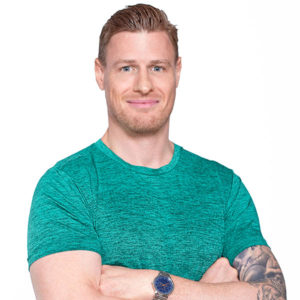
When he is not busy writing notes on the back of his hand (rather than into Google Docs), then he likes to pump iron.
Terry is an ectomorph who trains hard for his big guns.
Relevant healthista content
Healthy eating – What this Instagram fitness legend eats in a day
9 healthy diet myths making you fat
11 healthiest alcoholic drinks – a nutritionist’s guide
More healthista content
17 best lubes to make your sex life better
3 easy vegan soup recipes to warm you up this winter
7 easy hair growth tips for long, luscious locks
Tired all the time? You might have sleep apnoea – here’s a doctor’s guide on what to do
Like this article? Sign up to our newsletter to get more articles like this delivered straight to your inbox.



